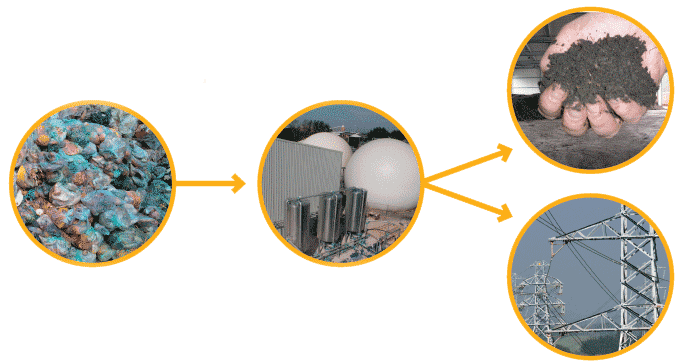Every year, Auckland households dispose of close to 75,000 tonnes of organic waste – made up of kitchen and food scraps.
Currently that waste is put into our landfills, where it produces a variety of polluting gases and liquid leachates. Now imagine a process whereby that waste produces methane gas which can be captured and burned to produce heat and electricity, with the remaining solids used as rich, fertilising compost. This is the reality in the municipalities around the world which have adopted bio-digestion technology.
It is vital for the health of our planet and for future generations that we find better ways to deal with our waste and recover and re-use resources. Auckland Council, in attempting to address this problem, has developed the first Auckland-wide plan, aiming at an aspirational goal of Zero Waste by 2040, helping people to minimise their waste and create economic opportunities in doing so. The council aims to deliver waste services more efficiently, find better ways to recover and re-use resources, and send less waste to landfill.
Jonassen Industrial Projects Limited (JIPL), in conjunction with Monsal, the UK’s leading Advanced Anaerobic Digestion and Integrated Biogas-to-Energy Business, possesses the technology to turn waste into energy. Waste containing large amounts of organic matter, such as food waste and green waste is a valuable commodity that can be recycled into gas, electricity and a highquality fertiliser. This is the technology that councils in New Zealand currently have the opportunity to implement. This technology could create new jobs and generate significant amounts of renewable energy and fertiliser, while solving a major environmental issue in the disposal of waste food.
The bio-waste-to-energy concept is already being widely applied for the conversion of commercial and household food waste to biogas in the UK. The Monsal technology platform is well established and has been operational on large food waste and household kitchen waste treatment and recycling plants for over 10 years on the European continent. Monsal has installed four large food waste-to-energy plants in the UK and are in the process of installing another two this year, with others under negotiation.

